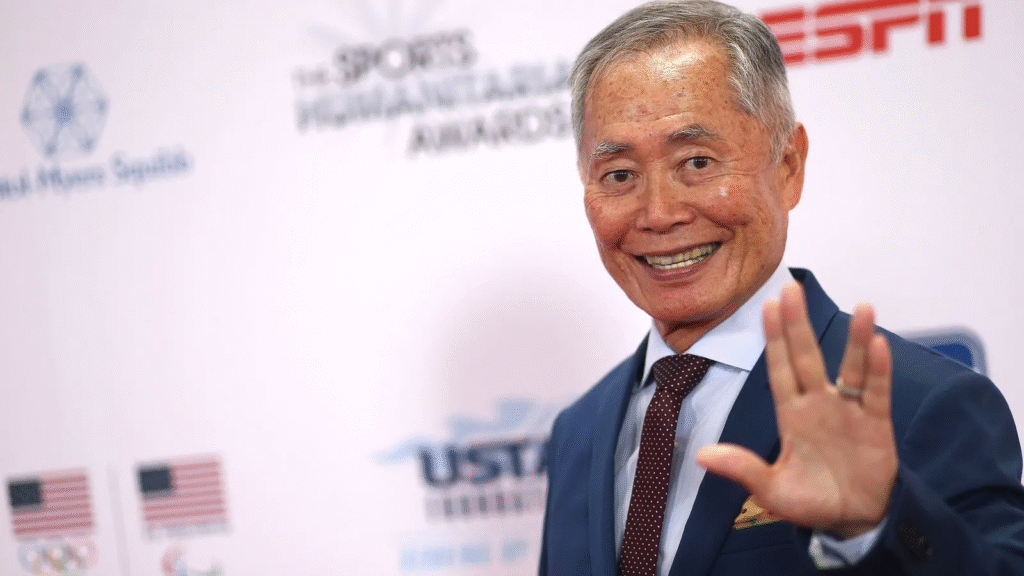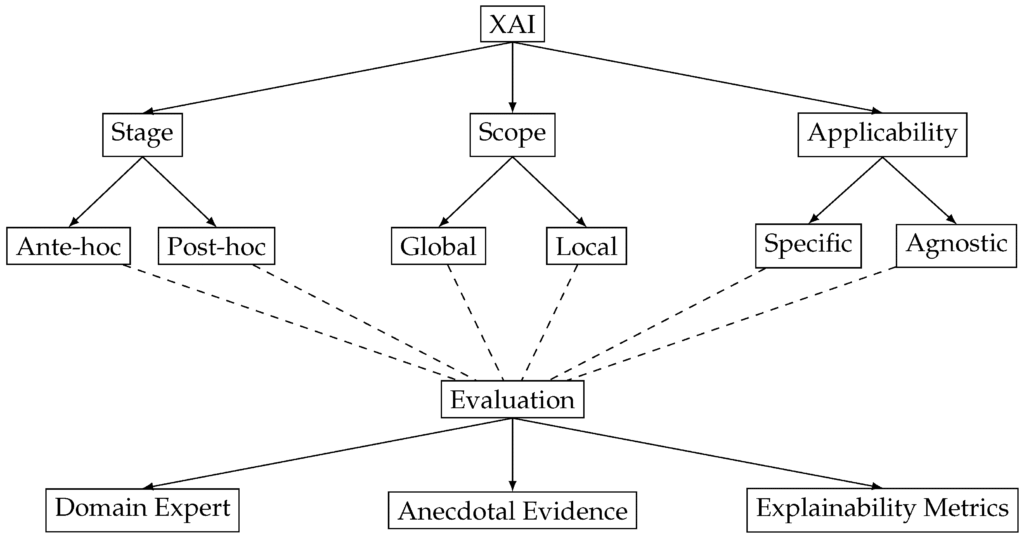
Meta Description: Star Trek’s George Takei releases memoir on US Japanese internment camps. Details childhood trauma, activism against Asian hate & LGBTQ rights. (148 chars)
Headline: Takei’s New Book Exposes US Internment Camps
Introduction:
At 87, Star Trek legend George Takei unveils a searing memoir about surviving America’s WWII Japanese internment camps. Releasing amid rising Asian hate crimes, “No Room for Infinity” (June 11, 2024) exposes systemic racism through his childhood lens – resonating deeply with India’s own historical trauma survivors.
Childhood Behind Barbed Wire: The Arkansas Camp Years
Takei was just 5 years old when soldiers forced his family from Los Angeles to Arkansas’ Rohwer Relocation Center in 1942. His memoir details:
- Living in horse-stall barracks with open sewers
- Armed guards pointing guns at prisoners
- Parents hiding their anguish to protect him
“We were Americans imprisoned for looking like the enemy,” Takei writes. Over 120,000 Japanese-Americans endured similar camps.
From Sulu to Social Justice Warrior

Takei transformed childhood trauma into activism:
- Star Trek Barrier-Breaker: First Asian-American in a major US TV role as Sulu
- LGBTQ+ Advocate: Came out at 68, married Brad Altman (2008)
- Anti-Hate Crusader: Testified before Congress on 2021’s COVID-related Hate Crimes Act
- Musical Voice: Wrote Broadway’s Allegiance about camp experiences
Why India Connects to Takei’s Story
Takei’s narrative parallels South Asian histories:
- Partition Trauma: Echoes 1947’s mass displacement violence
- Systemic Discrimination: Mirrors struggles of India’s minority communities
- Pop Culture Impact: Revered by Indian Trekkies for normalizing Asian representation
His advocacy aligns with Indian activists like Lilly Singh fighting anti-Asian hate.
Controversy and Reconciliation

Takei faced controversy in 2017 when actor Scott R. Brunton accused him of sexual assault. Takei denied claims, calling them “painfully false.” No charges were filed after investigation. The actor has since focused on intergenerational healing:
- Led pilgrimages to former camp sites
- Advised Biden administration on Asian-American history curriculum
- Donated book proceeds to Japanese American National Museum
What’s Next for the Icon?
Beyond his memoir, Takei:
- Hosts popular podcast Oh Myyy Pod! discussing current affairs
- Advises on upcoming Star Trek projects
- Champions dementia research after Altman’s 2023 diagnosis
Industry sources hint at documentary adaptations of his memoir.
Conclusion
George Takei’s lifelong journey from internment camp survivor to cultural icon remains powerfully relevant. For Indian audiences confronting historical wounds and ongoing discrimination, his story offers resilience blueprints. As hate crimes surge globally, Takei’s message rings urgent: “Never forget injustice, but always choose radical hope.“
No responses yet